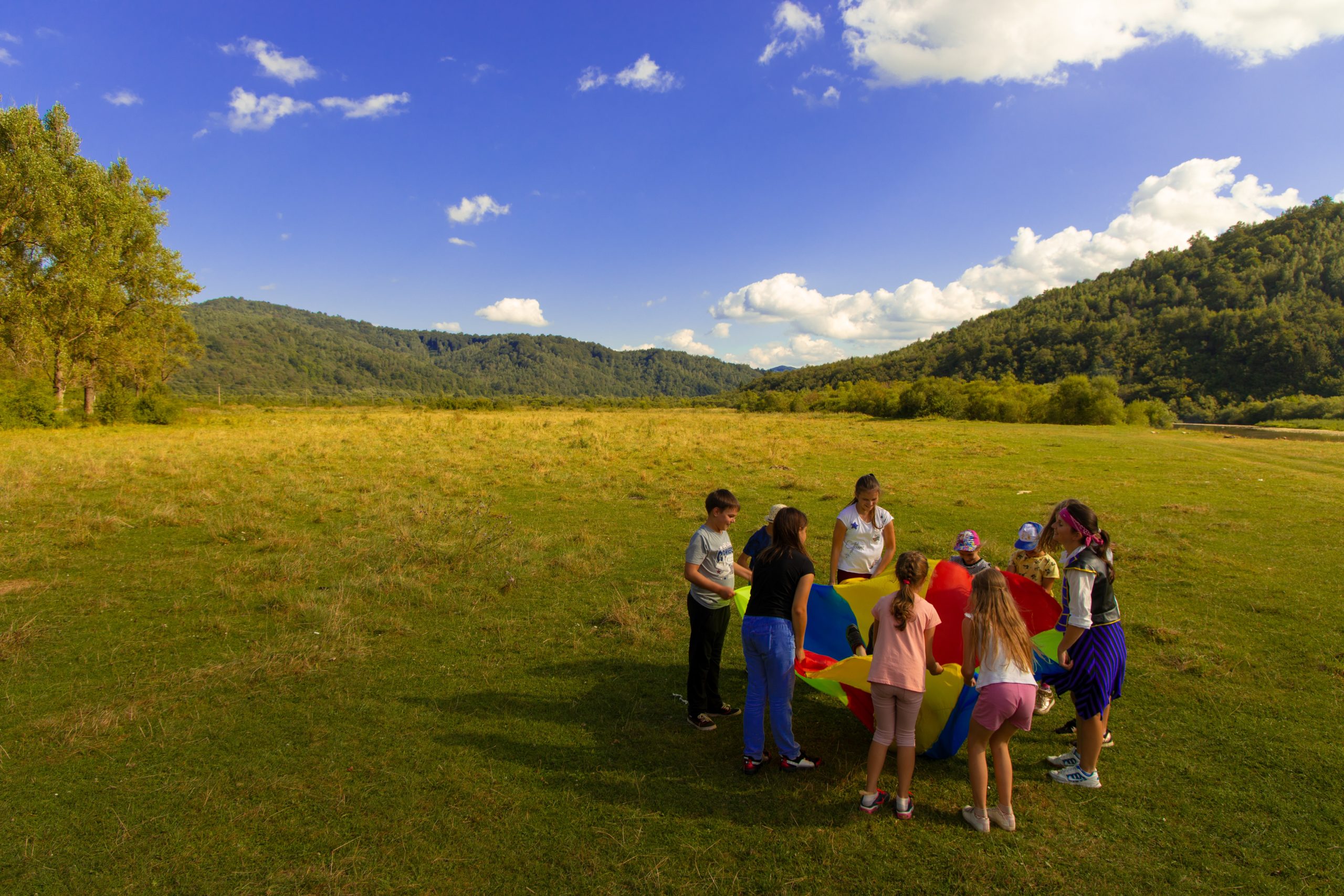What should education outside planet Earth look like?
One of my students’ favourite thought is to imagine that we have found a new planet to inhabit and that they have been put in charge of the extra-terrestrial education system. What will they bring to the future home of humanity? What classes would they mandate? What freedoms would they protect? What values would they seek to inspire?
Thinking about themselves in another galaxy frees my students from the restrictions of habit. They see the opportunity to write education afresh: we are away from Earth, from gravity, from schedules, and assumptions. Humanity’s hope and potential stand before us and only our imaginations can limit us. However, the true wonder of the thought experiment is that once our imagination is ignited, we can turn our eyes to reality here on planet Earth, and all that seemed solid and taken for granted is suddenly open for questioning: why do we do education like this? Why must we memorize facts? Why work toward tests? And we start to consider why don’t we think further, think freer, think higher?
The reality is that our solid Earth is not so solid. We face great challenges that require fresh thinking. And we cannot know with certainty what our students will face in a few years, far less in a few generations. In fact, we need to think about education as though we were planning it for a distant galaxy. We need to create education that will allow us to live well, live kindly, and live intelligently, in a future we cannot imagine.
“…we need an education that prepares our student for the unexpected. We need independent thinking, creativity, critical thinking, and global ethics to overcome global challenges…”
Let me share with you some of the educational advice my students propose to prepare humanity for an uncertain world.
First, we need an education that creates independent, creative thinkers. People who can only recite what is already known might be wonderful at leading us through paths with instructions, but what will they do when there are no instructions? We need thinkers who can imagine bridges where there are only voids. We need thinkers who can create new languages, who will risk trying ideas dismissed as naïve or stupid. We, therefore need education that allows space for play and discovery, which applauds risk taking and brave attempts, not just outcomes. An education that creates space for the disruptors, the ones who think differently. An education based human’s innate desire to explore and create.
We also need education that sharpens critical analysis. Creativity is wonderful, but without critical thinking, it can be risky. We have a great base of human knowledge that is our greatest treasure. Education should make our students the proud inheritors of this wealth and its able users. Precision of thought is necessary to use the information available to us and also to discern truth from fiction. The need to disentangle objective truth from half-truths created by various interests is an urgent need for our students and, as technology makes the spread of misinformation ever easier, this urgency only grows. Education, therefore, must give our students the skills for scientific reasoning, the power of logical analysis, and the sharpness of philosophical enquiry.
Ultimately, however, as my students ponder what we want from education, we come to the most important question: what do we want future humans to be like? What if they are spectacularly creative and brilliantly logical, but unkind? The horror is unthinkable: giving powerful tools to those without a moral compass will only make us complicit in their future crimes. Thus, we need education that challenges our students to develop an ethical system. Education should help us understand our role within our local, our global and our inter-galactic community. Education should grant us an understanding of what we owe to generations past, and what we owe to the future. An understanding of our position as part of, rather than above, nature. An empathy for the sufferings and joys for our companions in the journey of exploration and survival. An understanding of diversity and an appreciation of our commonality.
One of my mentors brought Socrates into my life. He taught me that ‘The unexamined life is not worth living’. For us educators, whose lives revolve around education, perhaps we could slightly modify the guidance: ‘The unexamined education is not worth teaching’. We cannot keep doing what we have, simply because it is habitual. I think this last year has taught us two things. First, we need an education that prepares our student for the unexpected. We need to teach skills like independent thinking, creativity, critical thinking, and global ethics to overcome global challenges. Secondly, students and teachers are incredibly creative and kind. We have a great foundation. Let’s use it to go far.
Dr Karem Roitman is the lead author on the Oxford International Curriculum for Global Skills Projects.
